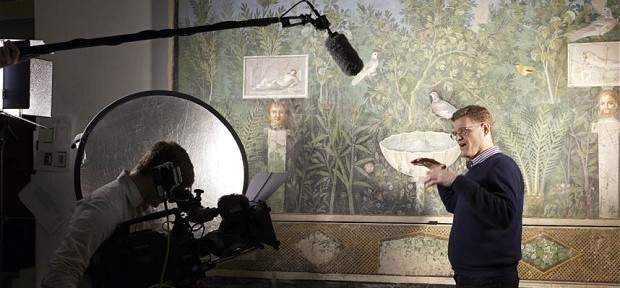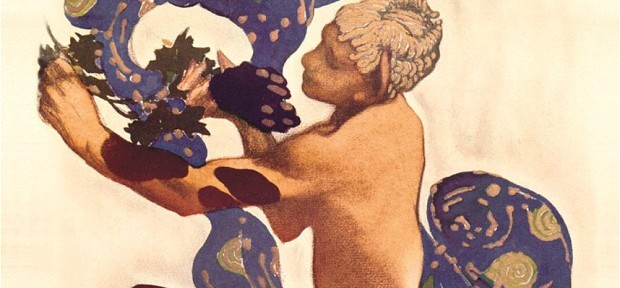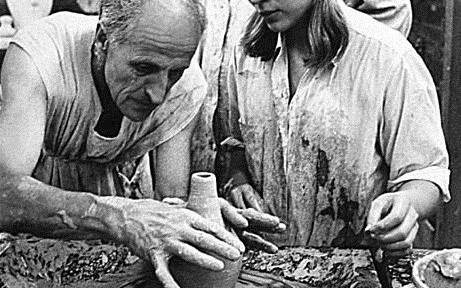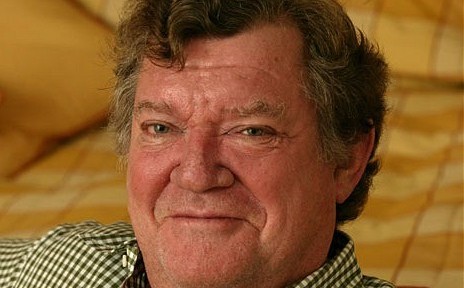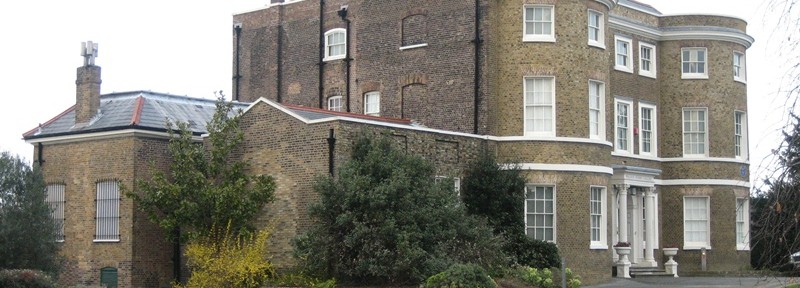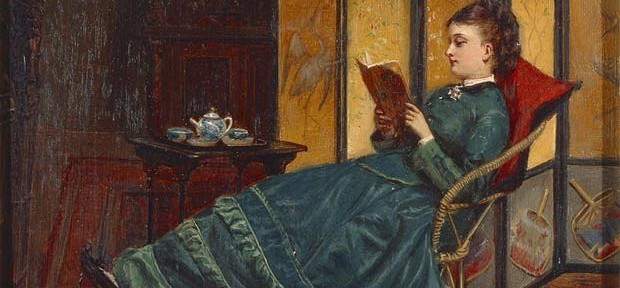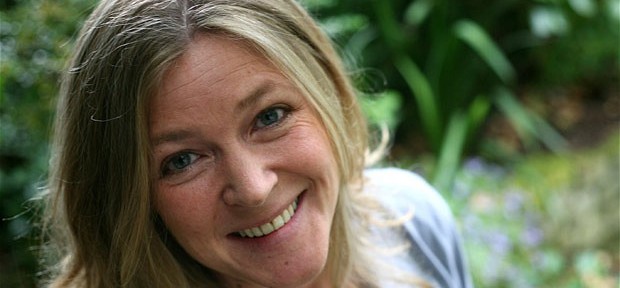Sam Mendes’s current production of King Lear at the National, starring Simon Russell Beale, is fascinating in many ways, perhaps the most notable being the ramping up of the body-count of this bloody play. In most stagings, the Fool disappears, his death referenced in a passing sigh, “my poor Fool
Tag: Telegraph
The hot exhibition ticket in London is the British Museum’s Pompeii show. For the rest of the summer, many dates have only late-evening tickets available. So the expanding reach of cinema experience of live events (previously confined to opera, dance and theatre) is very welcome. We open to hustle-bustle music,
Poor Nijinsky. Poor sad, mad, vanished Nijinsky. His career was astonishingly brief, the trail that was left in his meteoric wake so persistent it is hard to believe he danced for little more than seven years. He was born in 1889 or 1890, to Polish dancers working in Russia (Nijinsky
Michael Cardew, one of the great studio potters of the 20th century, was a man of doubleness. He was born into the heart of upper-middle-class establishment Edwardian England – a great-grandfather had been Lord Chancellor, a grandfather the Dean of Winchester, and he was related to soldiers, lawyers and diplomats
The passing of Gore Vidal and Robert Hughes within days of each other feels like the death of the Titans. Both were masters of the epigrammatic put-down, but while Vidal presented himself as the last aristocrat, Hughes’s image was that of a street-brawler, a thug. (His love of motorbikes, and
William Morris has been in and out of fashion so often that the sympathetic watcher can get whiplash following his reputation. Lauded by his contemporary, the great critic John Ruskin, by 1904 he was merely “a great man who somehow delighted in glaring wallpapers”. Yet Morris, the forerunner of the
At the beginning of the 20th century, Virginia Woolf made a case for a “Room of One’s Own” for all women, without which they could not become writers. Near the end of the century, Doris Lessing focused on readers. Libraries, she said, were the most democratic of institutions: there, no
“I think people marry far too much; it is such a lottery after all, and to a poor woman a very doubtful happiness.” So wrote Queen Victoria, and reading Kate Summerscale’s extraordinary dissection of a failed marriage, it is hard to argue. In 1850, Isabella Robinson, a bored and restless
